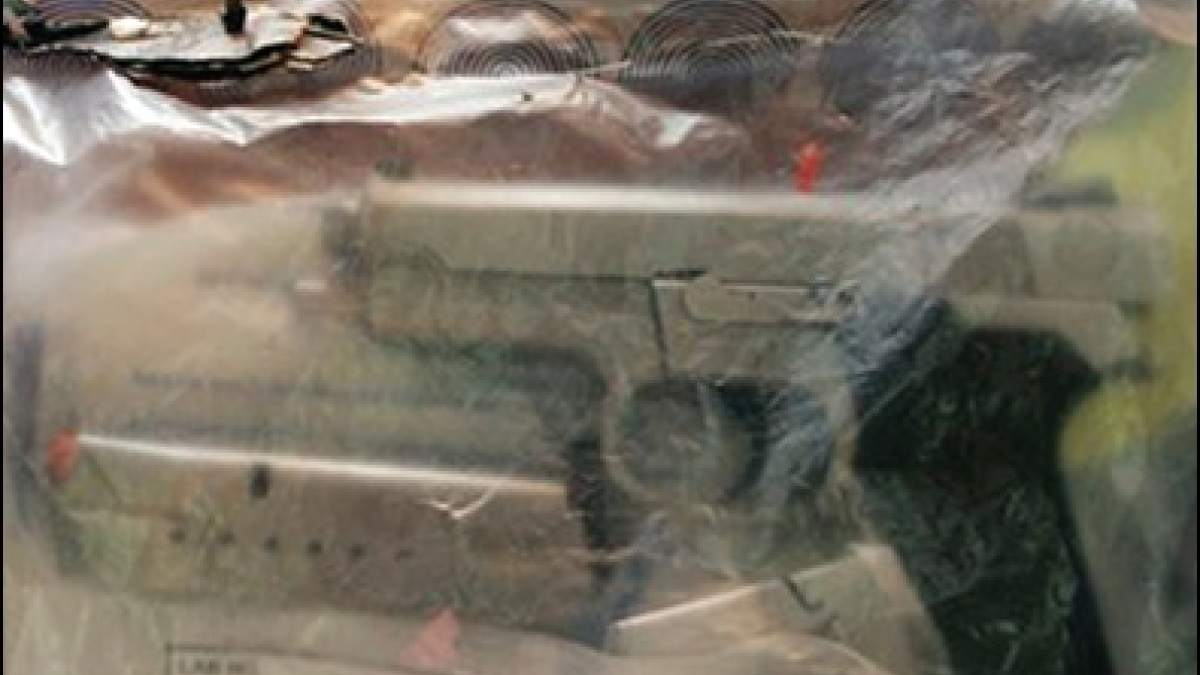ASU criminologist co-authors largest study of police misconduct

People see it on television, in movies, and in newspaper headlines: a cop is fired for some sort of professional misconduct. But, the stereotypes most people are subjected to – officers beating up suspects, ripping off drug dealers, or involved in massive corruption schemes – are far from typical.
Just ask Michael White, an associate professor in the School of Criminology and Criminal Justice at Arizona State University. He's the co-author of a new book based on the largest-ever study of police misconduct, "Jammed Up: Bad Cops, Police Misconduct, and the New York City Police Department," published this week by New York University Press.
"The study really represents a 22-year journey in the largest police department in the United States, the New York City Police Department," said White. "We examine the career and life histories of all officers who have been fired for misconduct from the NYPD from 1975 to 1996."
There were 1,543 officers who experienced what White calls "career ending misconduct" during that 22-year span.
White, and co-author Robert Kane, a criminology professor at Drexel University, looked at how often cops got in trouble and what they got in trouble for. They found those fired for misconduct represented 2 percent of the overall police force. And most weren't fired for serious offenses.
“If you watch TV and the movies, you would think that officers are constantly beating up suspects, shaking down drug dealers, and engaging in corruption – really serious types of crimes, " White said. "And what our study found is that is not the case."
He says most were fired for administrative violations, with drug use the next most common reason. Police brutality was much further down the list.
“Only 5 percent of officers who were fired were fired for that type of brutal behavior,” said White.
The two criminologists also studied what characteristics or risk factors contributed to an officer being fired. They discovered the background of officers played a major role.
"Officers who had a prior arrest or a prior criminal history, who had prior discipnary problems in other jobs, those officers who had those problem in the past were at much greater risk of having problems in the NYPD and getting fired," said White. "We also found that officers who generated complaints early on in their career and officers who worked in high activity or high crime areas were at greater risk."
The ASU professor says the research showed that black officers were three times as likely to be fired by NYPD as white officers.
“And we looked at that finding very closely," White said. "And we didn’t find any evidence at all that the NYPD was engaged in any sort of discrimination."
White attributes that finding to African American officers being assigned to higher crime areas where risk and opportunity are greater. But there's another reason – how they treat the disciplinary process which is similar to a criminal trial. He says white officers tend to plea bargain more and receive lighter punishments as a result.
"Minority officers were much more likely to press on, to require the department to go to the full trial," White noted. "And when they did that, the sanctions tended to be more severe."
The book also profiles the common traits of officers who avoided getting in trouble or "jammed up."
"So officers who were older at the time they were appointed were less likely to get into trouble," said White. "Officers who had a college degree were less likely to get into trouble. And then also officers who experience success. That is, they didn't generate any complaints and they were promoted to Sergeant and above – those type of officers – much less likely to get into trouble."
White says police agencies can also play a role. He points out that how the NYPD defined misconduct contributed to what was acceptable or unacceptable behavior.
Even though the book examines bad cops, White says the actions of good cops often are overlooked.
“Good policing is not the absence of police misconduct. It's something completely different and something that has not received nearly enough attention.”